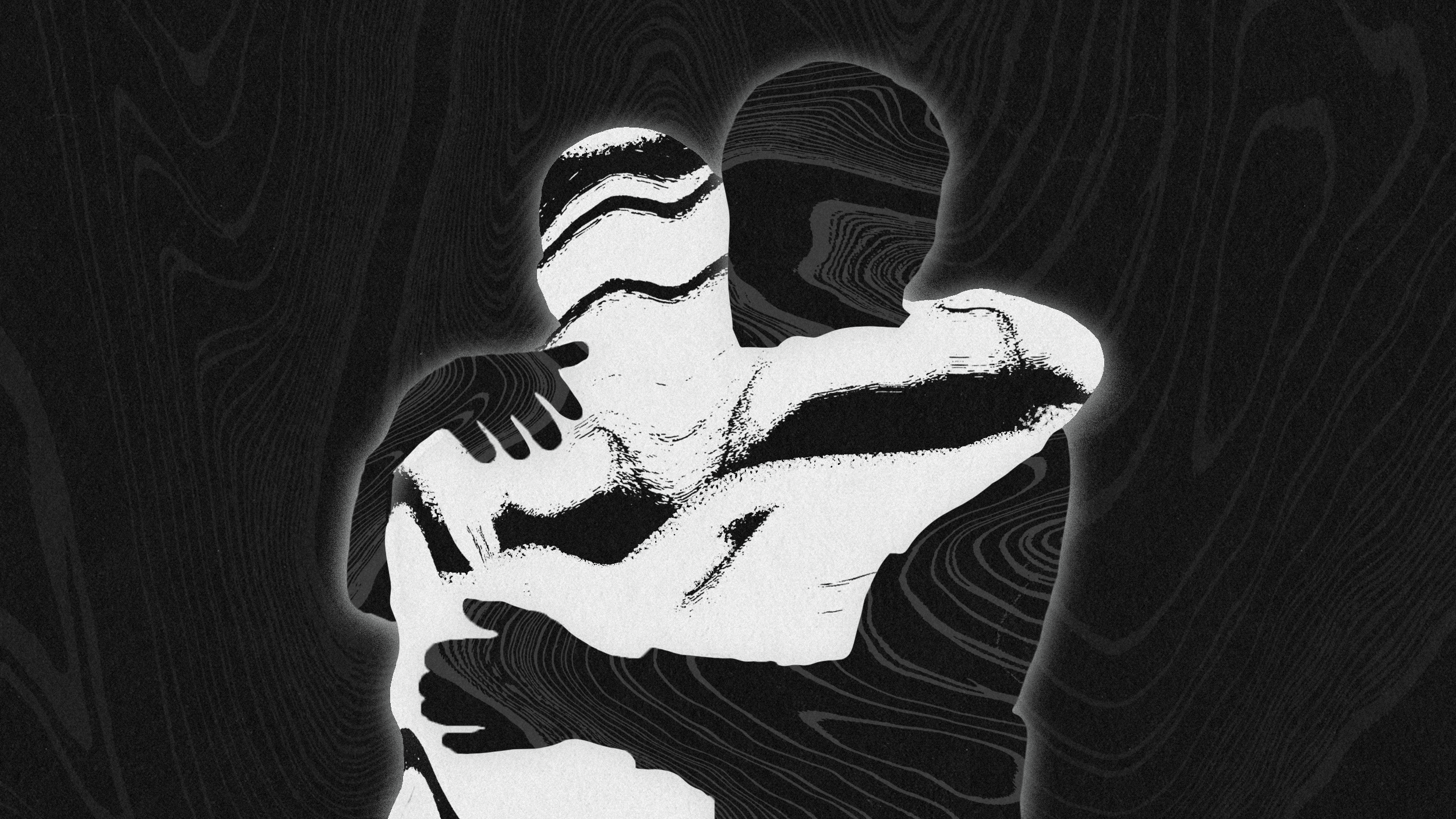Anxiety and history cannot be your enemies, says ACT psychologist Steven Hayes.
Question: What’s your advice to someone dealing with a panic attack?
Steven Hayes: Well, the advice I'd give if you were my patient would be a little different because we'd have a little more time. But if I can distill it down to the essence of what we do in a course of therapy, the person with panic -- I can say this from the inside out since you're looking at a panic-disordered person in recovery -- has adopted a posture with regard to the world within in which their own anxiety is their enemy. And they think that if they can just get the anxiety to go down, go away, not occur as much or not occur with such intensity, or at least not occur here, or there, in that situation, that then things would be better. In fact, all of that is not the solution to the problem; it is the problem. Holding anxiety as your own enemy, and that it has to go down, diminish it, go away and not happen here is a kind of self-invalidating, interiorly focused process that would get you even more entangled with these processes. Instead, what we're going to need to learn to do is to allow your history to bring into the present thoughts and feelings and memories, and to sort of hold them mindfully and self-compassionately, and then focus on what you do and bring them along for that journey.
So -- feelings are only your history being occasioned by the present moment. If that's your enemy, then your history is your enemy. If sensations are your enemy, your body is your enemy. And if memory is your enemy, you'd better have a way of controlling your mind in such a way that you never are reminded of things that are painful from the past. Well, there is no such thing like that that's healthy. And most of the things that people do that are called psychopathology are the unhealthy things people do when they try to accomplish that agenda. If you avoid people, avoid having your buttons pushed, avoid going to places that might occasion anxiety; if you're hammering down drugs and alcohol; these are all methods of trying to mount that unhealthy agenda.
So I would say, could we instead take this anxiety to be something that may be of importance, may even be meaningful? And it says something about your history, and could we learn to sort of hold it in a way that's more compassionate, to sort of bring the frightened part of you close and treat it with some dignity, and keep focused -- instead of making that go away -- focused instead on what kind of life you want to live connected to what kind of meaning and purpose. That's going to be a quicker, more self-compassionate and more certain journey forward than this kind of "out with the anxiety, in with the relaxation," "out with the self-doubt, in with the confidence" kind of -- "let's just snap out of it" kind of harsh and non-compassionate place that we stand with ourselves inside things like panic disorder.





